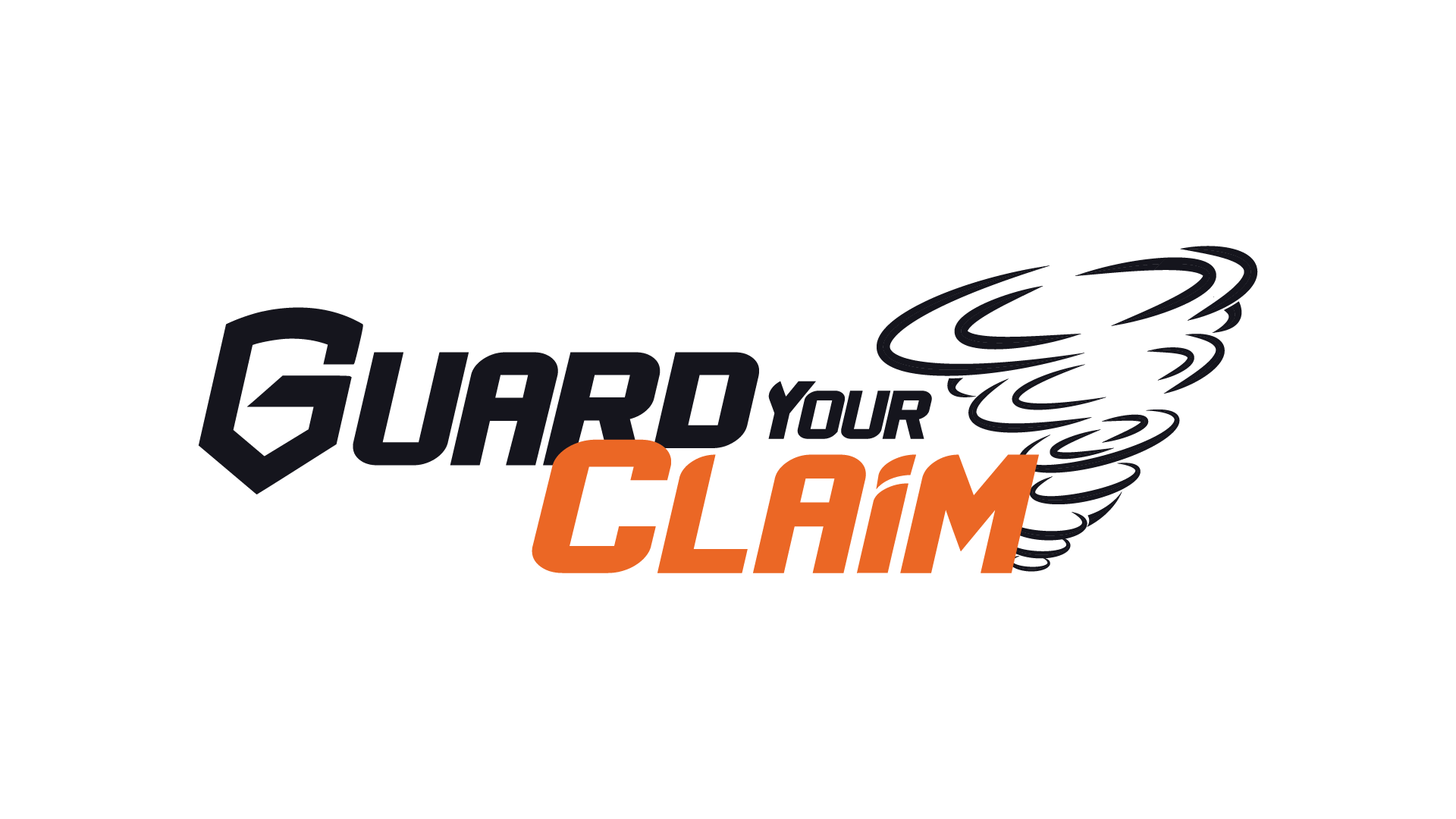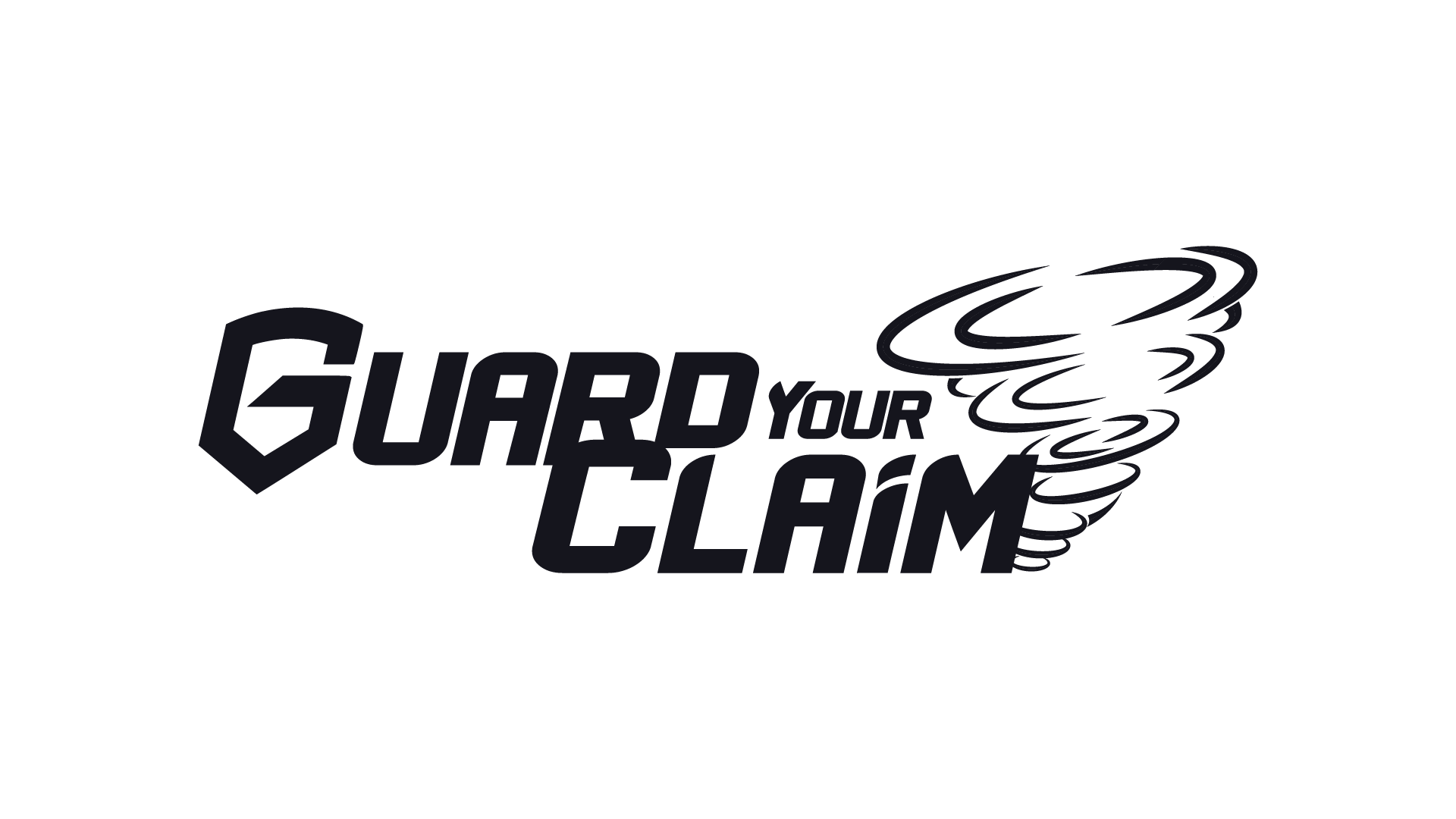Understanding What Water Damage Home Insurance Actually Covers

Water damage is one of the most common and costly problems faced by homeowners. However, not all water damage is covered under a standard homeowner’s insurance policy. Understanding the types of water damages covered for homeowner insurance, as well as those that are excluded, is crucial in ensuring that you are adequately protected. This article delves into the specifics of water damage coverage, exclusions, how to file a claim, and preventive measures to minimize water-related risks.
What Are the Types of Water Damages Covered for Homeowner Insurance?
Homeowner’s insurance typically covers several types of water damage, but the coverage is generally limited to specific causes or scenarios. The following are the most common types of water damages that are usually covered:
- Sudden and Accidental Water Damage This type of damage occurs unexpectedly and is typically caused by internal sources within your home, such as a burst pipe, a washing machine overflow, or a ruptured water heater. Homeowner’s insurance usually covers the damage caused by these incidents, including the cost of repairs to floors, walls, and personal property affected by the water.
- Water Damage from Appliance Failures If an appliance like a dishwasher, washing machine, or refrigerator malfunctions and causes water damage, this is generally covered by homeowner’s insurance. The coverage applies to both the damage caused by the water and, in some cases, the replacement of the damaged appliance itself.
- Damage from Plumbing Issues Coverage usually extends to water damage resulting from plumbing issues, such as a broken or leaking pipe. This includes damage to the structure of your home and personal belongings. However, the policyholder is expected to maintain the plumbing system adequately, as neglect may lead to a claim denial.
- Roof Leaks and Resulting Water Damage If a roof leak is caused by a covered peril, such as a storm, homeowner’s insurance often covers the water damage to the interior of the home. This includes damage to the ceiling, walls, and contents of the home. However, regular maintenance is key—if the roof leak is due to wear and tear, coverage may be denied.
- Damage from Fire-Related Water Damage When a fire is extinguished, the water used by firefighters can cause significant damage. Homeowner’s insurance typically covers water damage resulting from firefighting efforts, including damage to the structure and contents of the home.
What Types of Water Damages Are Not Covered?
While homeowner’s insurance offers protection against many types of water damage, there are several exclusions to be aware of:
- Flood Damage: Standard homeowner’s insurance policies do not cover flood damage. Flooding is considered a separate risk, and coverage for flood-related water damage must be purchased through a separate flood insurance policy. Floods can be caused by rising rivers, heavy rainfall, storm surges, and other natural events.
- Sewer Backup Water damage caused by a sewer backup or sump pump failure is typically not covered under a standard policy. However, many insurers offer optional add-ons or endorsements that provide coverage for this type of damage.
- Gradual Water Damage Damage that occurs gradually over time due to issues like a slow leak, condensation, or poor maintenance is generally not covered. This includes damage from mold, rot, or mildew that develops due to prolonged exposure to moisture. Homeowners are expected to maintain their property and address issues promptly to prevent such damage.
- Negligence and Lack of Maintenance If water damage is determined to be the result of negligence or failure to maintain the property, the claim may be denied. For example, if a homeowner fails to repair a known roof leak or neglects plumbing issues, any resulting damage might not be covered.
Exclusions and Limitations of Water Damage Policies
Understanding the exclusions and limitations within your homeowner’s insurance policy is essential to avoid unexpected expenses. Here are some common exclusions and limitations:
1. Policy Limits Water damage coverage is subject to the overall policy limits. If the damage exceeds these limits, the homeowner will be responsible for the additional costs. It is advisable to review and, if necessary, increase the coverage limits to match the potential repair costs for your home.
2. Deductibles Water damage claims often come with a deductible, which is the amount the homeowner must pay out of pocket before insurance kicks in. Higher deductibles typically result in lower premium costs but mean more out-of-pocket expenses when filing a claim.
3. Specific Peril Exclusions Some policies may exclude certain perils, such as water damage from hurricanes or wind-driven rain, unless additional coverage is purchased. Homeowners in areas prone to such events should consider these additional coverages.
4. Coverage for Personal Belongings While structural damage is often covered, coverage for personal belongings may be limited. It is crucial to understand the extent of coverage for personal items and consider additional endorsements if necessary.
How to File a Claim for Water Damage
Filing a claim for water damage can be a stressful process, especially in the wake of a significant loss. Here’s a step-by-step guide to help you navigate the process:
1. Document the Damage As soon as water damage occurs, document everything. Take photographs and videos of the affected areas and damaged belongings. This documentation is critical for supporting your claim.
2. Mitigate Further Damage Homeowners are responsible for preventing additional damage. This might include shutting off the water source, placing tarps over a leaking roof, or moving belongings out of harm’s way. Failing to take these steps can result in a claim denial.
3. Contact Your Insurance Company Report the damage to your insurance company as soon as possible. Provide them with all necessary details, including the cause of the damage and the extent of the loss. Be prepared to provide your documentation and answer any questions they may have.
4. Meet with the Adjuster The insurance company will send an adjuster to inspect the damage. Ensure you are present during the inspection to point out all areas of concern and provide any additional documentation.
5. Review the Settlement Offer Once the adjuster’s report is completed, the insurance company will provide a settlement offer. Review this offer carefully. If the settlement seems insufficient, you may need to negotiate or provide additional evidence of the damage.
6. Make Repairs Once a settlement is agreed upon, you can proceed with the repairs. Keep all receipts and records of the work done, as these may be required for the final claim payment.
Preventive Measures to Minimize Water Damage Risks
Prevention is always better than cure, especially when it comes to water damage. Here are some practical steps homeowners can take to minimize the risk:
1. Regular Maintenance Conduct regular inspections of your home’s plumbing, roof, and appliances. Address small issues before they become major problems.
2. Install Water Detection Devices Water detection devices can alert you to leaks or water presence in areas like basements or near appliances, giving you an early warning before significant damage occurs.
3. Proper Grading and Drainage Ensure that the grading around your home slopes away from the foundation to prevent water from pooling around your home and causing leaks or foundation damage.
4. Clean Gutters and Downspouts Regularly clean your gutters and downspouts to prevent blockages that can cause water to overflow and seep into your home.
5. Install a Sump Pump For homes in areas prone to flooding or with basements, installing a sump pump can help prevent water accumulation and damage.
In conclusion, understanding the types of water damages covered for homeowner insurance is essential for protecting your property. While insurance provides valuable protection, it’s important to be aware of the limitations, exclusions, and the process for filing a claim. Taking proactive steps to maintain your home and address potential issues can go a long way in preventing water damage and ensuring that you’re fully prepared in the event of an incident.
Frequently Asked Questions
- What is typically covered under homeowner’s insurance for water damage?
- Homeowner’s insurance generally covers sudden and accidental water damage, such as that from burst pipes, appliance failures, or roof leaks due to covered perils.
- Does homeowner’s insurance cover flood damage?
- No, flood damage is typically excluded from standard homeowner’s insurance policies. You would need a separate flood insurance policy for this type of coverage.
- How can I prevent water damage in my home?
- Regular maintenance, installing water detection devices, ensuring proper drainage, and cleaning gutters are effective ways to prevent water damage.
- Can I get coverage for sewer backup?
- Yes, but this is usually not included in standard policies. You can purchase an add-on or endorsement to cover damage from sewer backups.
- What should I do immediately after water damage occurs?
- Document the damage, take steps to prevent further damage, and contact your insurance company to start the claims process.
- How long does it take to settle a water damage claim?
- The time frame can vary, but it generally depends on the complexity of the damage, the response time of the insurance company, and how well you document and support your claim.
Don’t wait until it’s too late! Call us today and learn more to safeguard your property today!



